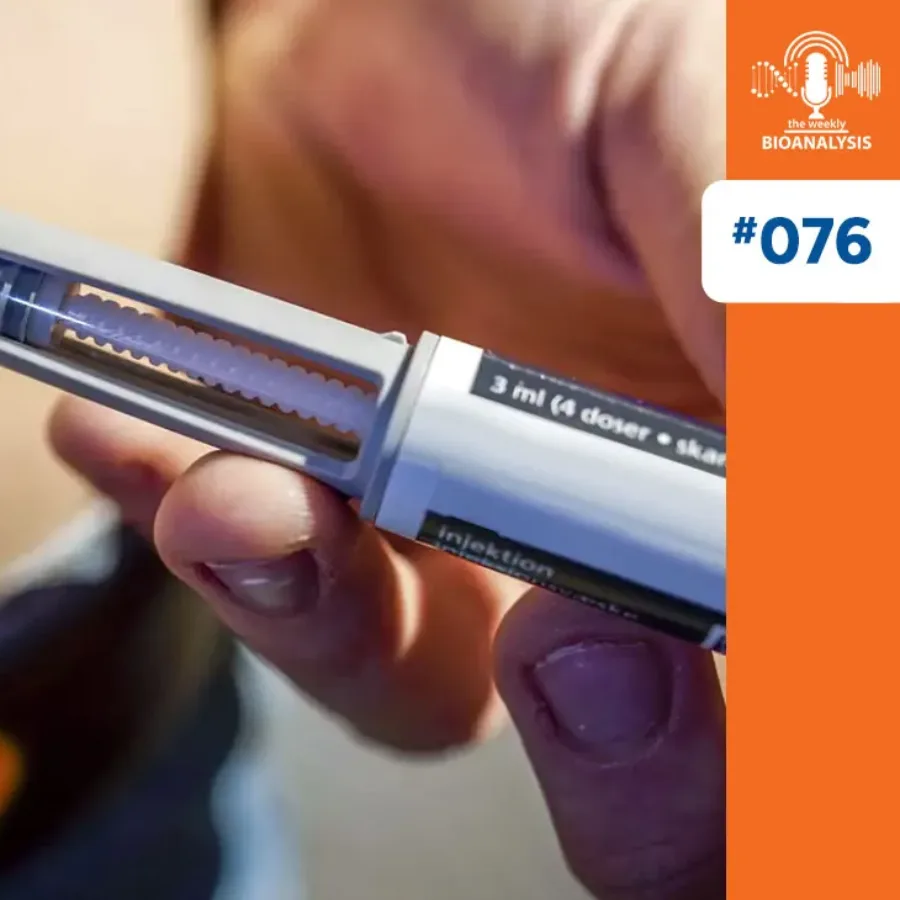 Podcasts
Podcasts
For episode #76 of “The Weekly Bioanalysis”, Dom and John talk about the popular topic of GLP-1 Analogues – these series of recent blockbuster drugs with multiple applications, as well as some of their bioanalytical challenges. First, the guys go over a little bit of the mechanism of action of…
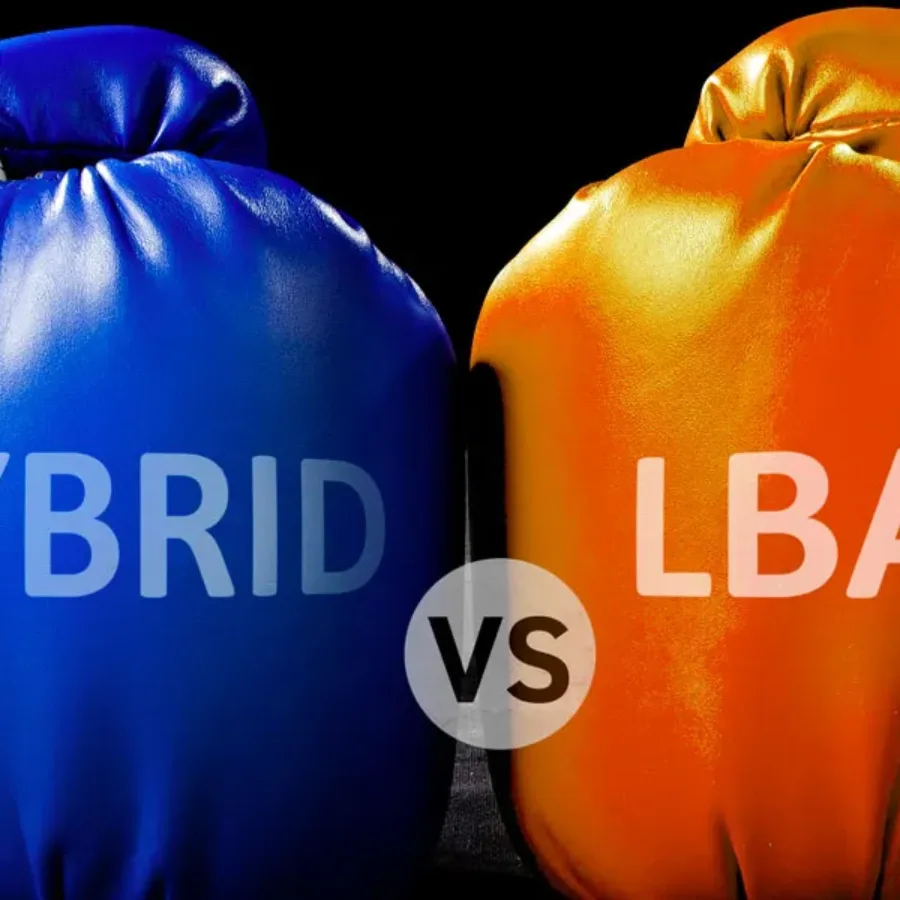 Videos
Videos
Dawn Dufield, Ph.D. and Dominic Warrino, Ph.D. discuss their approach to ligand binding assays (LBAs) and hybrid mass spectrometry (Hybrid LC-MS/MS) in this 11-part video series. What Makes a Good CRO for Bioanalysis? Are there any specific technologies that are more useful to have together? What is a Hybrid…
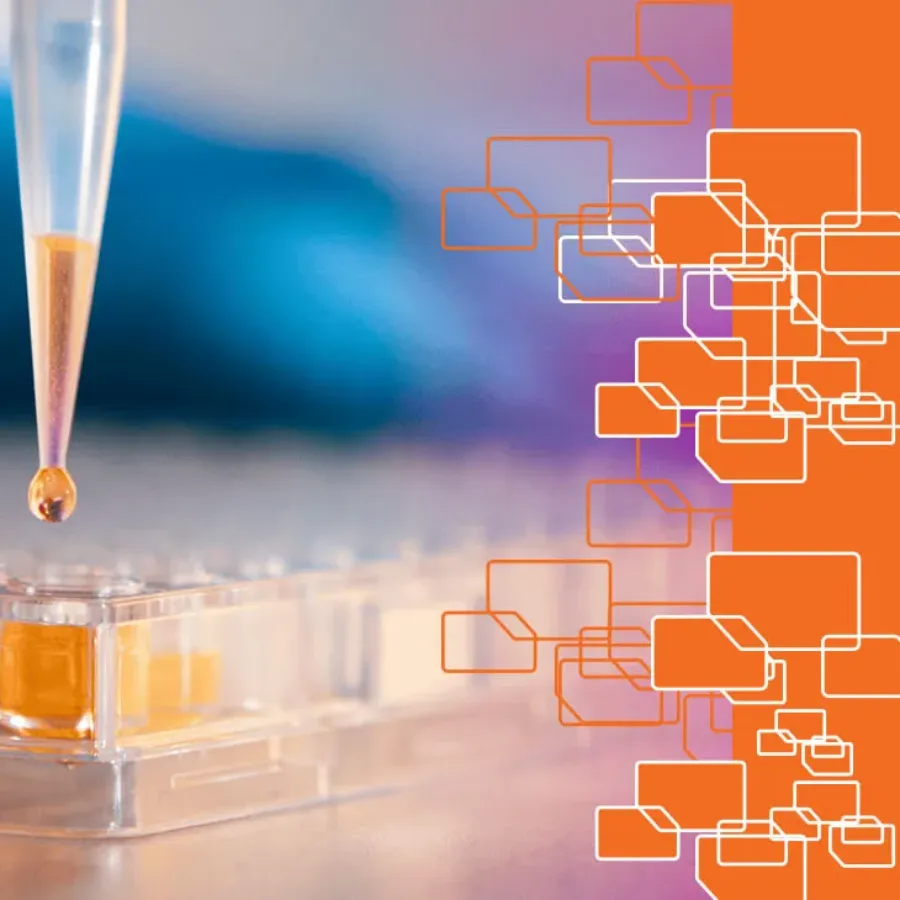 Blogs
Blogs
Over the past decade, a continued discussion point has been the idea around analyzing samples on Ligand Binding Assay (LBA) platforms in singlet (one well) versus the standard duplicate analysis (Single sample added to two different wells). In the recent M10 Bioanalytical Method Validation Guideline issued for guidance in June…
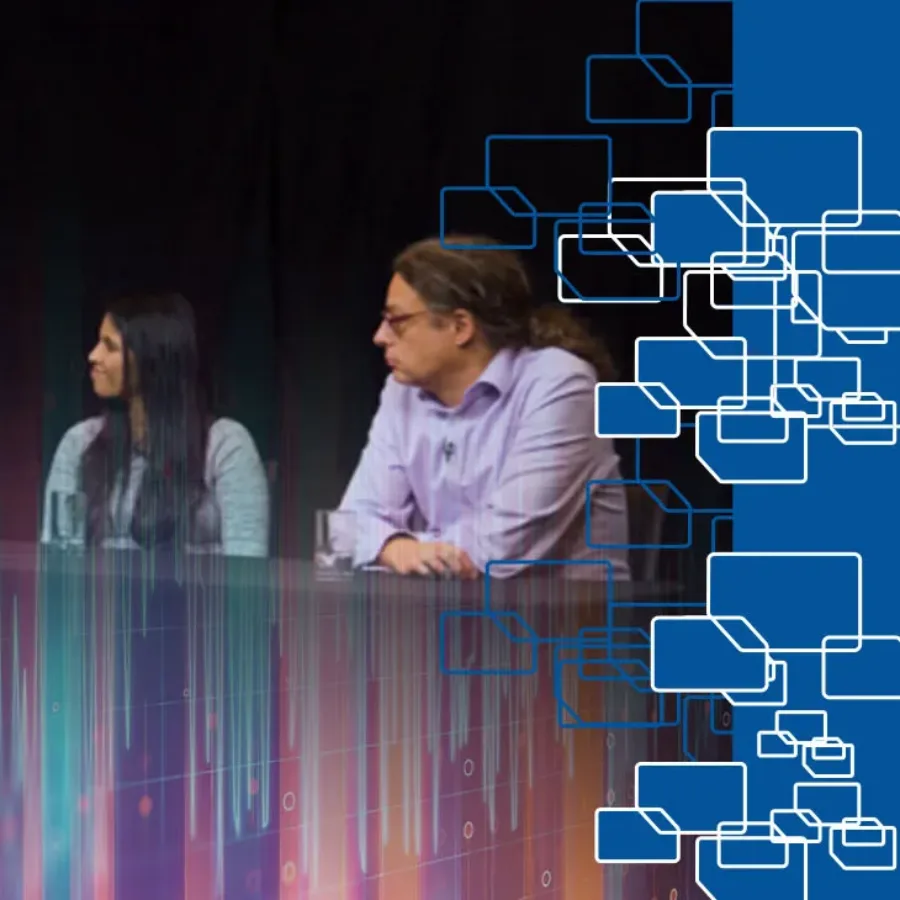 webinars
webinars
For researchers and professionals working in the biopharmaceutical industry, an upcoming Bioanalysis Zone Panel Discussion will offer a unique opportunity to stay informed about the latest advancements in quantitative analysis techniques. Research projects can only succeed when selecting the appropriate biopharmaceutical quantification technique. Staying up-to-date on…
 Blogs
Blogs
Immunoassays are bioanalytical methods that generally use antibodies to detect and quantify specific analytes, often proteins, in biological samples. The process involves the capture of a target protein by an immobilized antibody, followed by its detection with another antibody conjugated either to enzymes, such as phosphatase alkaline or horseradish peroxidase…
 Blogs
Blogs
KCAS is a rapidly growing industry leader that continues to increase its vast knowledge surrounding assay transfers not only internally but externally as well. As KCAS expands as a global leader in the bioanalytical space we have taken our knowledge surrounding internal assay transfers and extended that knowledge to external…
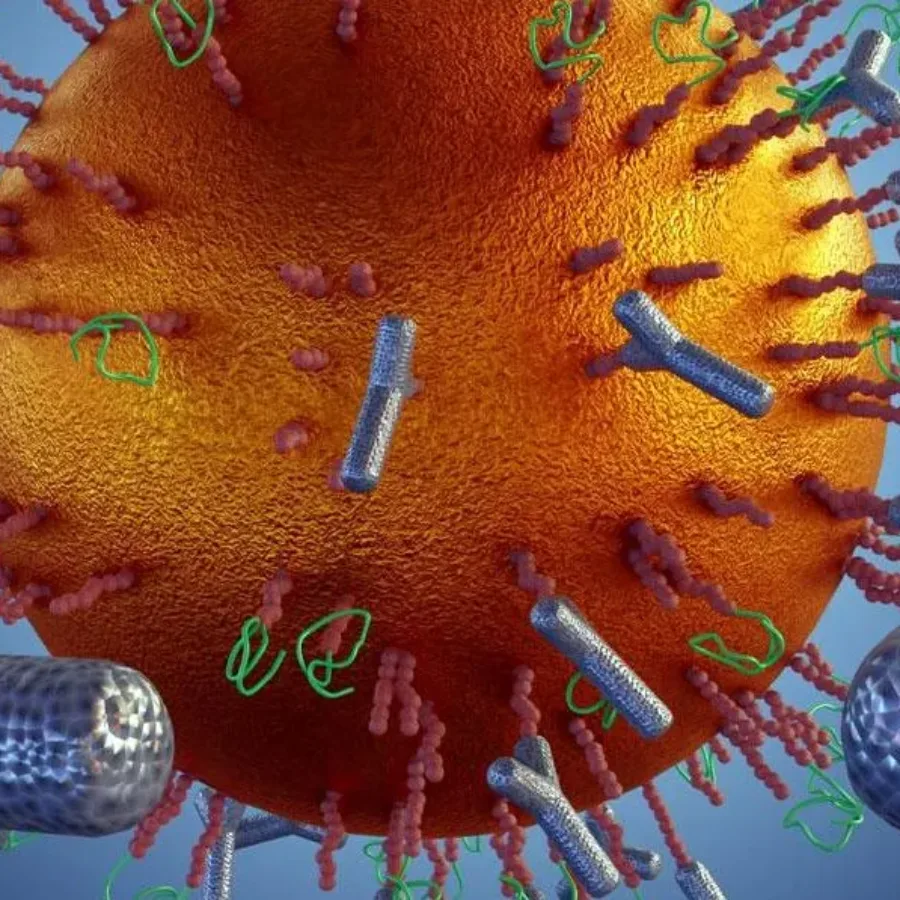 Blogs
Blogs
With recent guidance released from the FDA, there are changes for PKs (Pharmacokinetics) and ADCs (Antibody Drug Conjugates) that must be clearly understood before making decisions for your drug product testing. ADCs combine the target specificity of monoclonal antibodies with the…
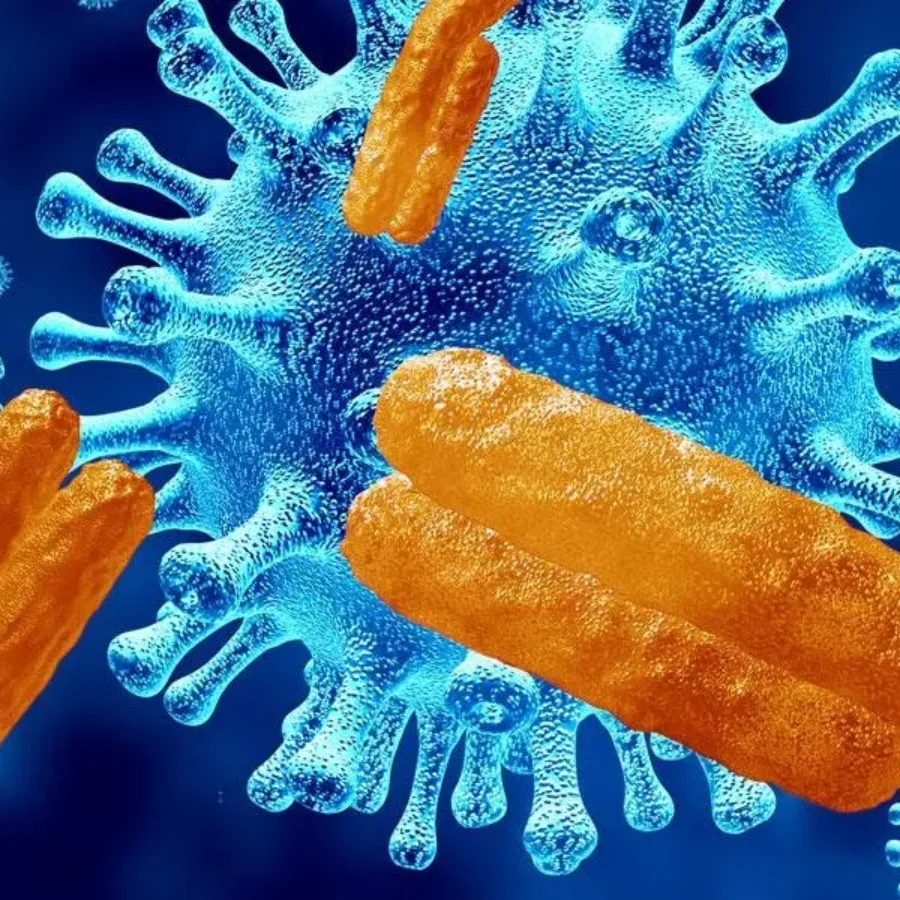 Blogs
Blogs
Biologics are drugs derived from complex molecules like antibodies. Over the last two decades they have re-emerged as…
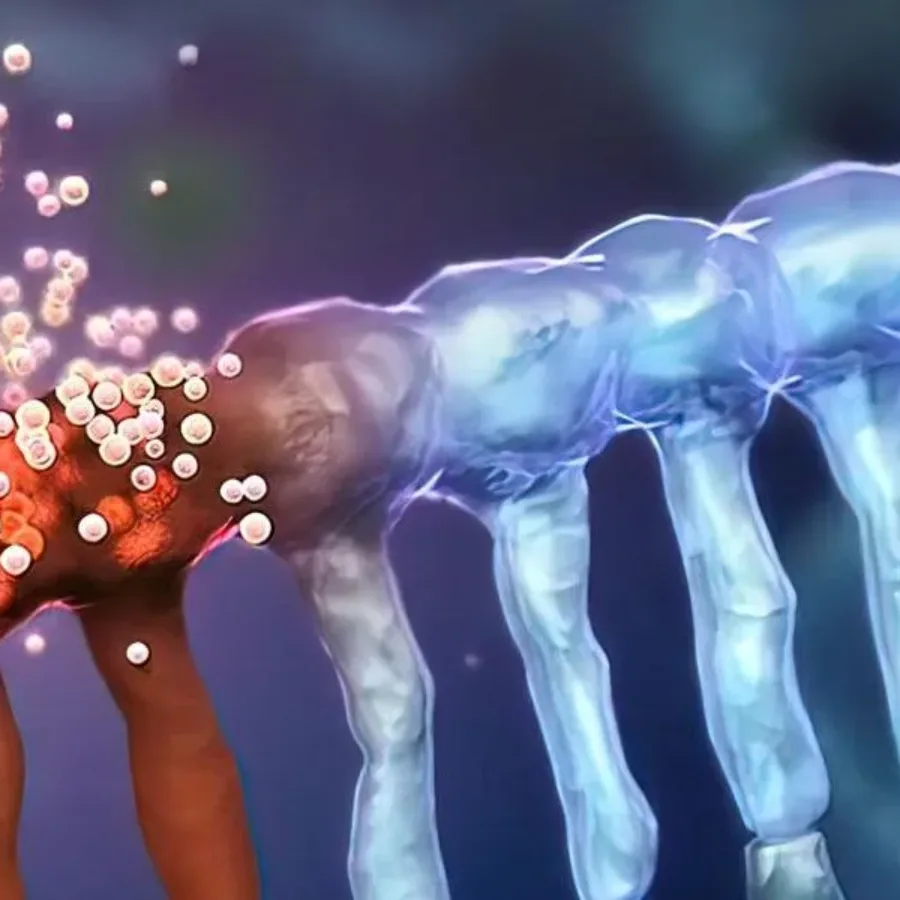 Blogs
Blogs
Being that it is a relatively “niche” segment of the industry, there are several key areas that need to be considered in the field of molecular services related to cell and gene therapies. First and foremost, it is important to recognize that regulatory guidelines within this field are…
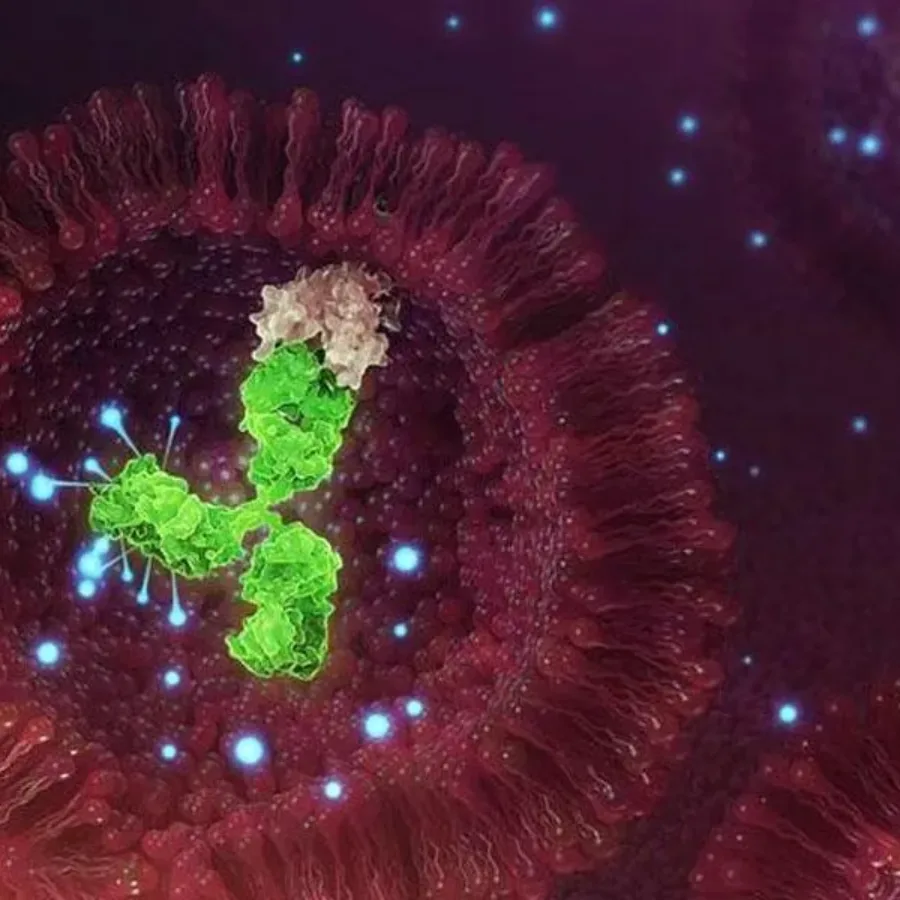 Blogs
Blogs
Anyone who has been following KCAS for any amount of time has likely heard us discuss the advantages of Hybrid LC-MS/MS for the bioanalysis of large molecules. As pioneers in the technology for many years, KCAS has become a strong proponent of working with our customers to demonstrate the quality…
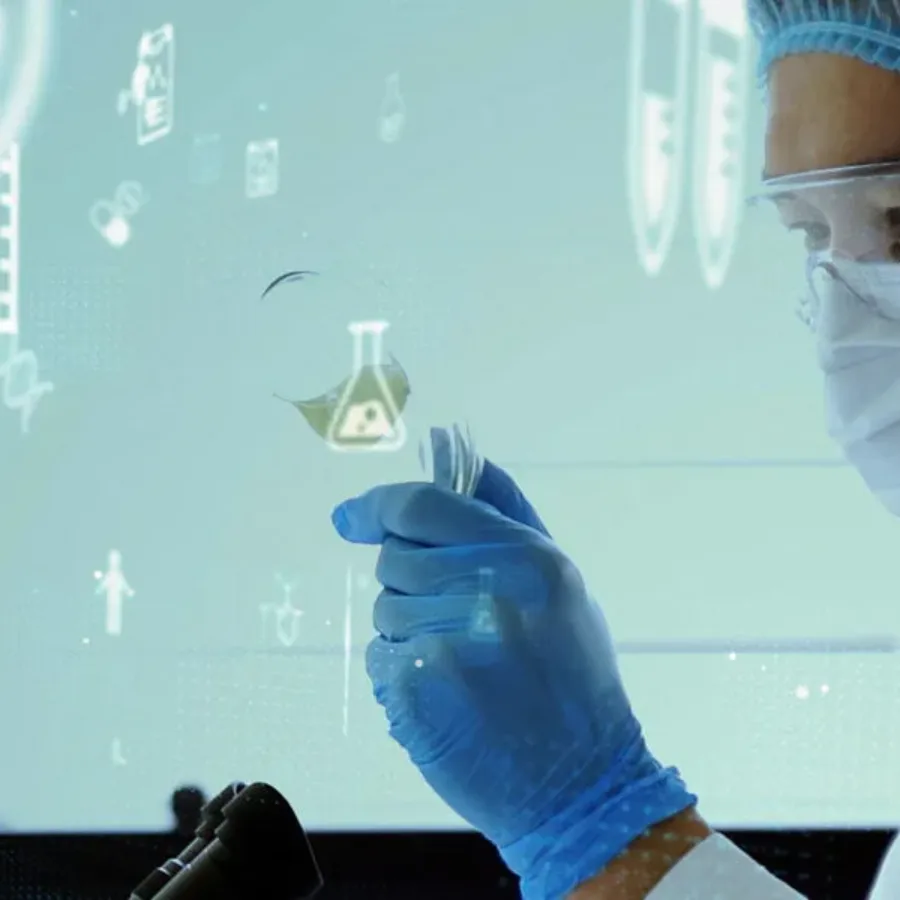 webinars
webinars
Being produced by Xtalks on Friday, June 24, 2022 | 12pm EDT (NA) / 5pm BST (UK) / 6pm CEST (EU-Central) 60 min Webinar Description: Cell and gene therapies (CGTs) are types of treatment that use cellular or genetic material with the goal of treating a disease or a…
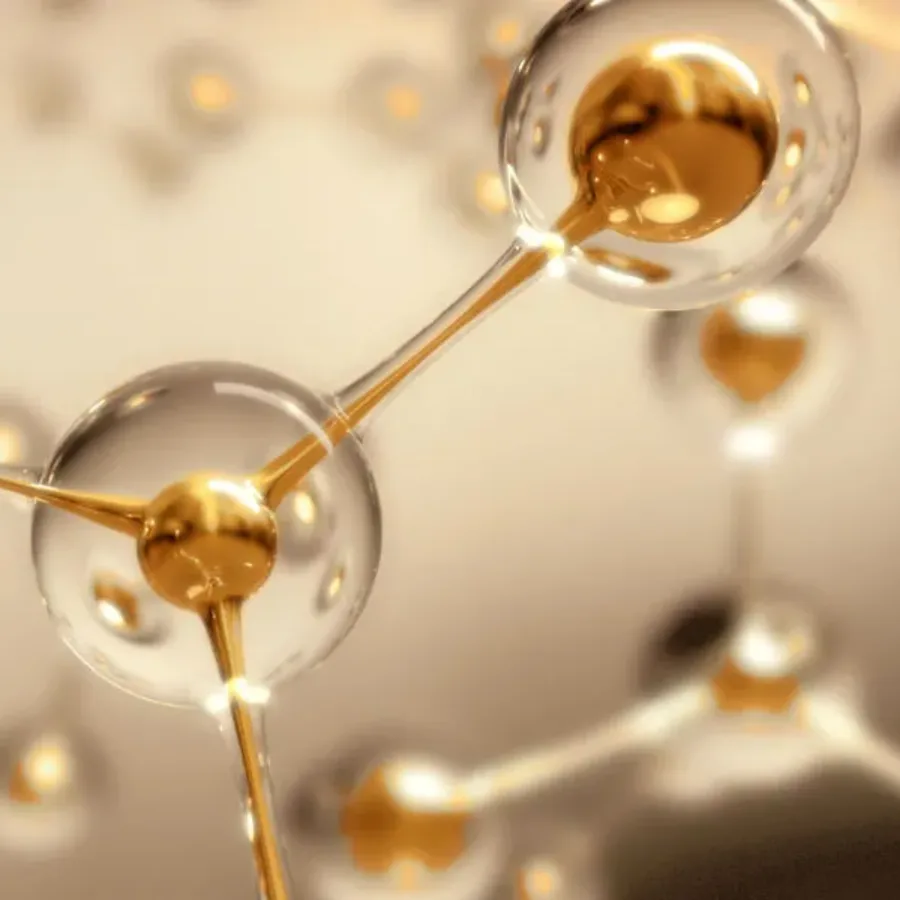 webinars
webinars
Originally produced by Xtalks on Friday, April 22, 2022 | 12pm EDT (NA) / 5pm BST (UK) / 6pm CEST (EU-Central) 60 min Webinar Description: Due to the relative maturity of the technology, most people’s instinct when thinking about bioanalysis of large molecules is towards ligand binding assays.